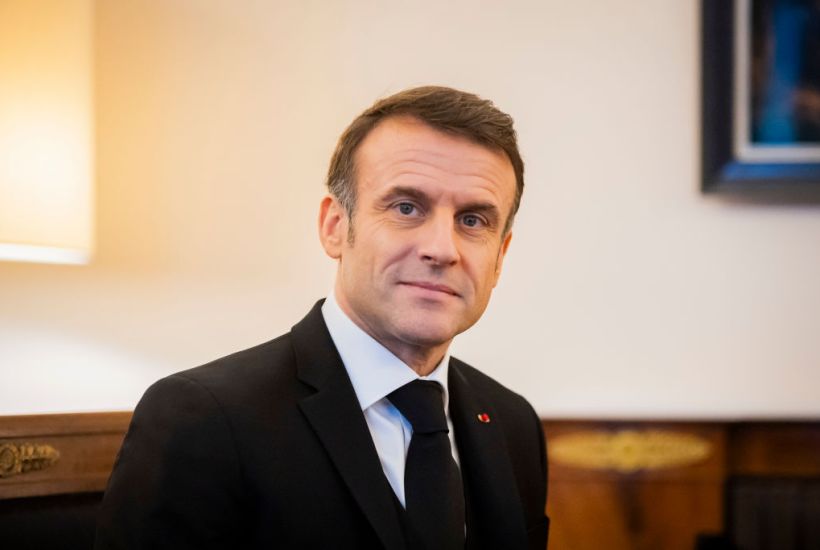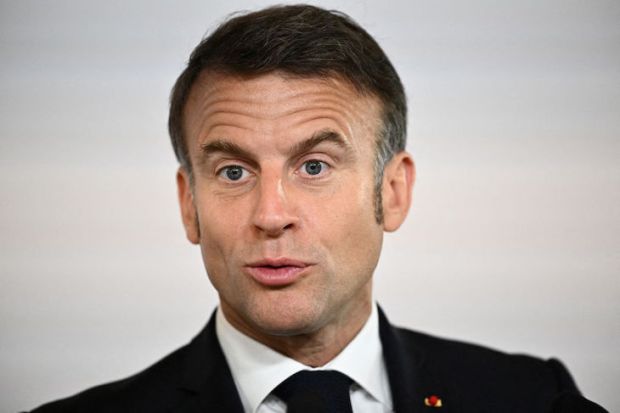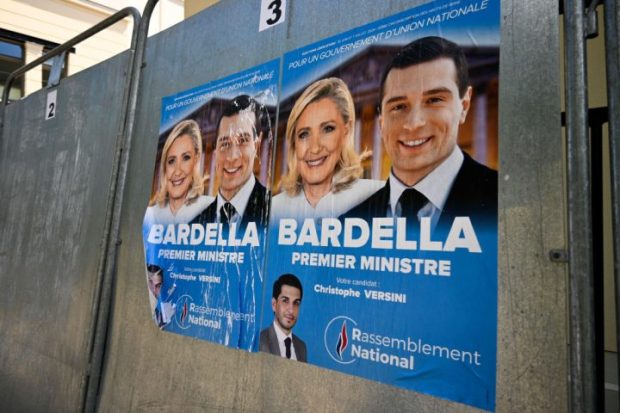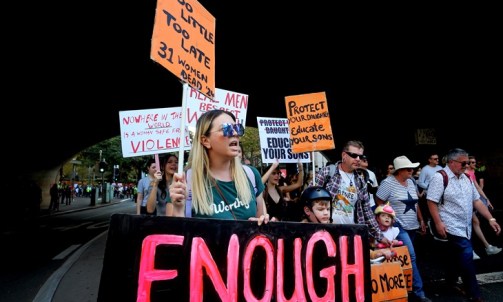French President Emmanuel Macron does enjoy a good grandstanding. Having once been keen to present himself as a possible bridge-builder with Moscow, he is now suggesting that western troops might go fight in Ukraine – secure in the knowledge that his bluff is unlikely to be called. At a press conference at the end of a summit in Paris on supporting Kyiv he said: ‘there is no consensus to officially send ground troops.
Already a subscriber? Log in
Subscribe for just $2 a week
Try a month of The Spectator Australia absolutely free and without commitment. Not only that but – if you choose to continue – you’ll pay just $2 a week for your first year.
- Unlimited access to spectator.com.au and app
- The weekly edition on the Spectator Australia app
- Spectator podcasts and newsletters
- Full access to spectator.co.uk
Or




















Comments
Don't miss out
Join the conversation with other Spectator Australia readers. Subscribe to leave a comment.
SUBSCRIBEAlready a subscriber? Log in